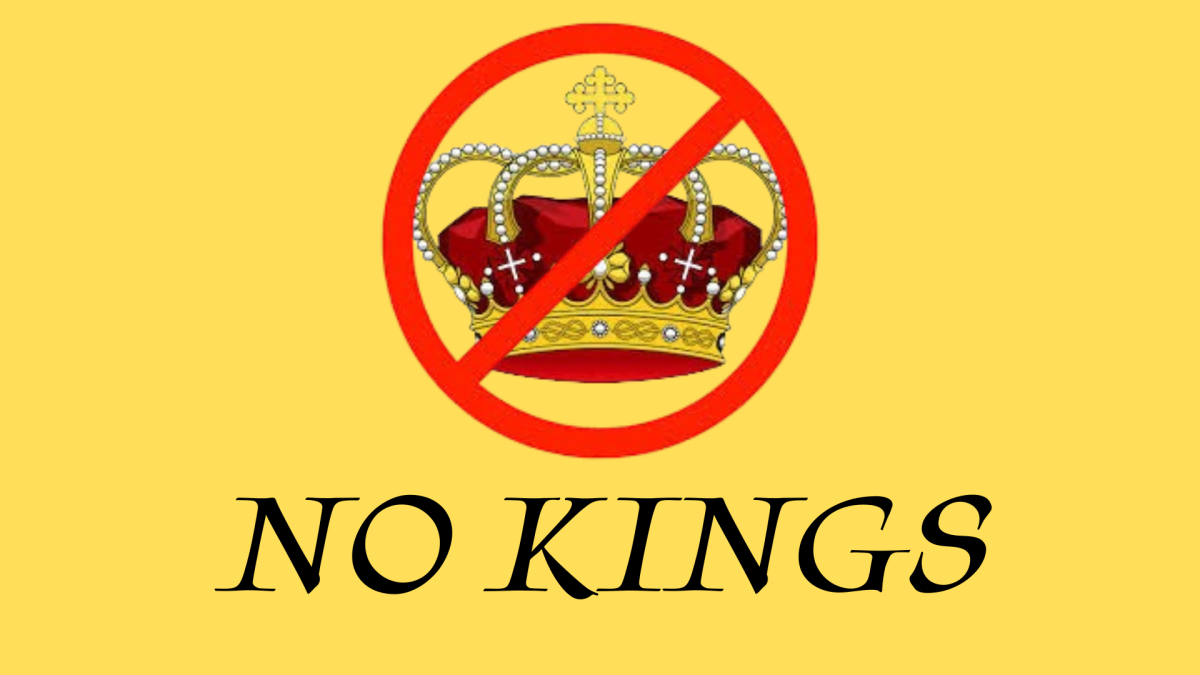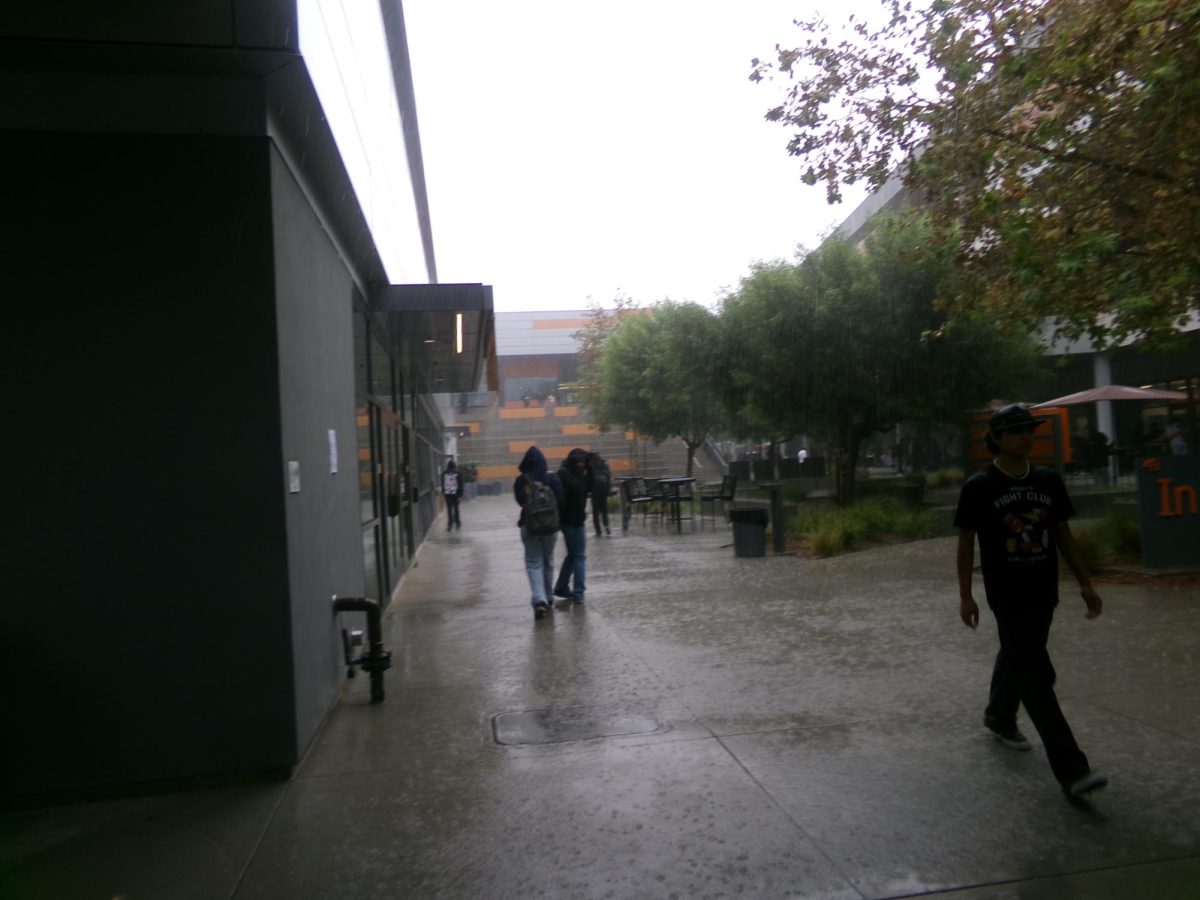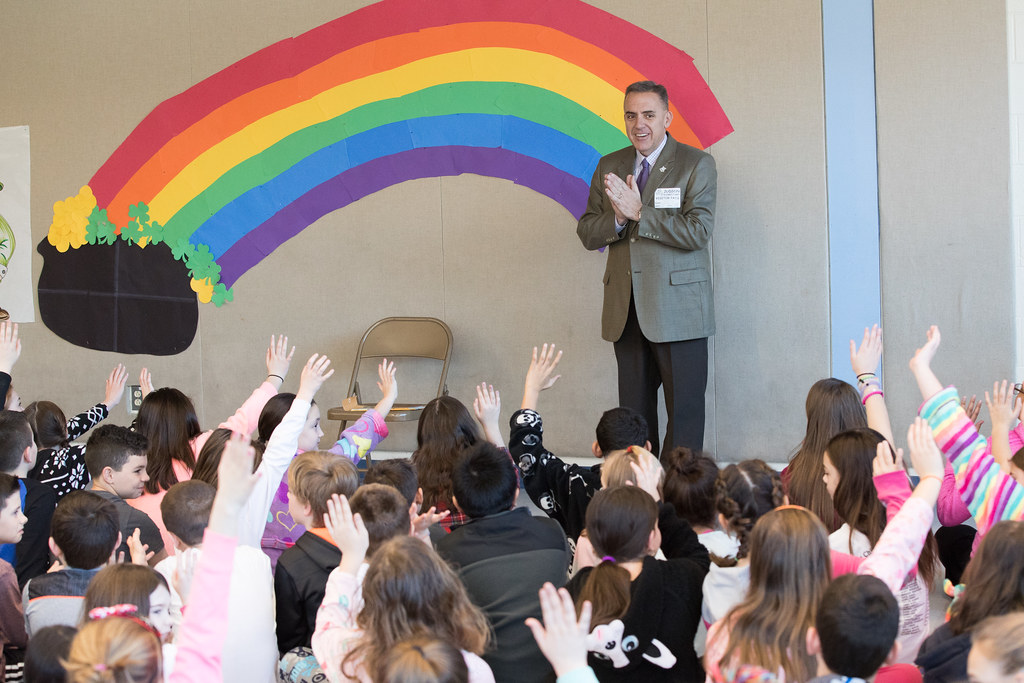On Thursday, the world received some pretty sad news: President Trump has signed an executive order that cuts the funding for National Public Radio and Public Broadcasting Service, more commonly known as NPR and PBS. The loss of these two beloved news and entertainment sources is a terrible way to start the month, and how did it even happen?
In a world that thrives on the truth and trust brought by the news, why would two news sources, conveniently two that are very popular, get defunded? Trump shares the reason for ceasing their pay in a White House article he calls “Ending Taxpayer Subsidization of Biased Media“, where he explains that the broadcasts’ funding comes from US citizens’ taxes, and that NPR and PBS are biased sources and do not need the government’s money.
This takeaway can be made through the claims “Government funding of news media in this environment is not only outdated and unnecessary but corrosive to the appearance of journalistic independence” and “Americans have the right to expect that if their tax dollars fund public broadcasting at all, they fund only fair, accurate, unbiased, and nonpartisan news coverage”.
Now, what do NPR and PBS have to say in response to this event? Each source has published a handful of articles regarding the topic.
An NPR article shares their desire to fight the new order, taking an adamant stance on stopping the defunding. In a statement from their senior vice president of communications, Heather Walls, on behalf of the organization, “We will vigorously defend our right to provide essential news, information, and life-saving services to the American public”.
One PBS article shows a more calm detest, marking the unfairness of Trump’s hierarchy, an opinion that is likely a component of their defunding. They say, “It’s the latest move by Trump and his administration to utilize federal powers to control or hamstring institutions whose actions or viewpoints he disagrees with.” They also give many examples of this.

As nothing has been done to abolish the defunding as a whole yet, the next best option is to rake in donations. This has been done, as donations are being advertised more urgently by each broadcasting station. NPR’s donation menu gives readers information on the cause, as they say “Public media is under threat” and explain why journalism is so crucial to the world.
PBS gives readers two donation options. The first donation option allows people to donate through gifts and thanks. Thankfulness is not a new theme in their broadcasting, as at the end of most broadcasts, they give thanks to their sponsors and supporters, as well as mentioning “Contributions to your PBS station from viewers like you.” Now, it’s time for the audience to thank them back. The other donation menu simply shares how people can give support through monthly donations, saying that doing so is “more vital than ever.”
Journalism is a way for writers to share opinions and information, and to defund it defeats the purpose on many levels. Everyone is allowed to have their own preferences and beliefs, but not all of them should be pushed into fruition as seen here, especially as in this case, it is harmful to more than one group of people. Hopefully, we will see NPR and PBS come back in business in the near future. Besides, they’re journalists, so their strong writing will likely get them there.







